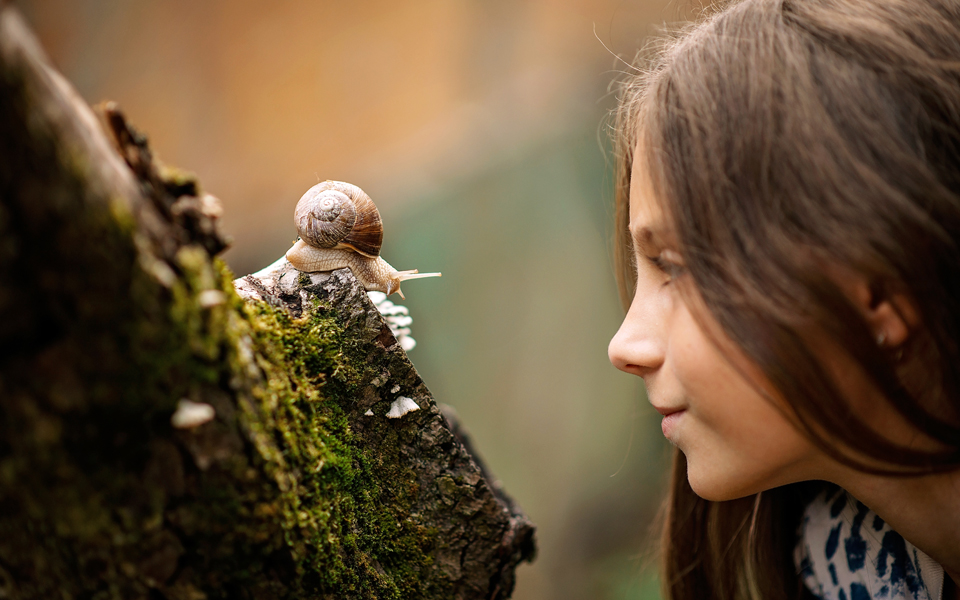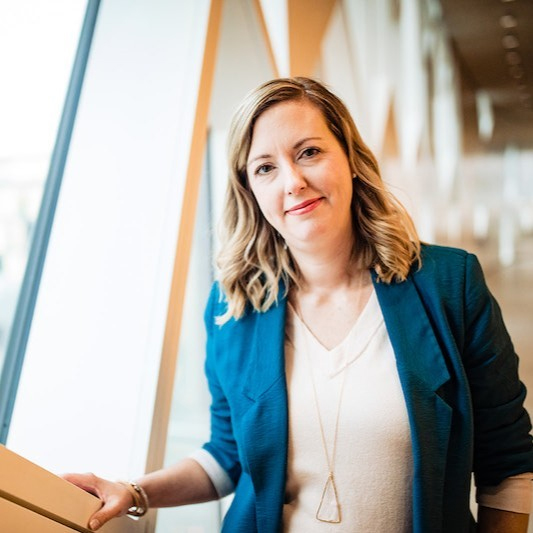Mindful Adventures: Empowering Children with Mindfulness
At TCM, we’ve shared the transformative power of meditation and mindfulness with many folks. They’ve had profound changes within themselves and their lives and have been curious about how they can bring simple mindfulness to the children in their lives.
We were grateful that Amber Pavey from Present Possibilities agreed to contribute a guest blog post to TCM providing answers to common questions about children and mindfulness.
Here’s what Amber had to say:
1. Can you share a heartwarming anecdote or story that illustrates mindfulness's positive impact on a child's life?
One of the things I adore about working with children is their candid and authentic nature. They freely provide feedback and do not hesitate to share how they feel.
When offering workshops, classes and day camps for children, I often overhear the candid and genuine feedback of the children who attend. The children who participate in my programs are constantly walking into an unfamiliar experience. Once they arrive and settle into our activities, they are keen to share their antidotes. Some of the comments they share include:
“When I came here, I wasn’t sure, but then when I got here, I had lots of fun. My favorite parts were weaving my meditation star, playing outside and listening to the sound bath”.
Other feedback includes:
“I loved it! I like the crafts and playing outside. Yoga was lots of fun.”
As well as “I want to come back tomorrow! You’re the best teacher ever. I like how it smells here and feels calm. I love camp because it is calm, fun and relaxing.”
The candid comments that children freely share with me inform my work and help enhance my future programs.
2. How do you tailor your mindfulness teachings to make them engaging and accessible for children?
The key to making mindfulness meaningful for children is to offer fun, engaging and developmentally appropriate practices. It is unreasonable to ask a young child to sit in stillness or silence to practice mindfulness.
The beauty of mindfulness is that there are various entry points and ways to practice. The idea that one must sit only in silence and stillness to cultivate mindfulness is a myth. Multiple crafts, games and interactive activities help children improve social-emotional awareness, loving kindness, empathy and self-compassion.
3. In your experience, what are some of the common challenges or barriers you face when introducing mindfulness to children, and how do you overcome them?
Children might sometimes feel worried about mindfulness being too hard or that they won’t do it “right.” I see this challenge when teaching adults as well. When learning something new or unfamiliar, children may worry about not being good at it.
Mindfulness is a challenging practice for anyone, but with compassion, patience, persistence and kindness, we can begin to enjoy the benefits of this practice. Gentle encouragement and a commitment to practice are often enough to quiet the worries within.
4. How do you encourage the integration of mindfulness into children's daily lives outside the classroom or workshop?
Our everyday lives are a beautiful opportunity to integrate mindfulness outside the classroom. By connecting and paying in nature, we can enhance our mindful awareness. Simply pausing to notice what we see, smell, and sense can help us integrate and strengthen our mindfulness outside the classroom.
Play and friendships are natural opportunities to include mindfulness in children’s lives. Encouraging children to slow down, play with awareness, communicate with intention, learn to problem solve, and connect with nature all support their development of mindfulness.
5. Can you share any advice of wisdom for parents, educators, or anyone interested in introducing mindfulness to children?
I encourage anyone interested in sharing mindfulness with children by simply welcoming curiosity, patience & a willingness to try. It is a practice with numerous rewards for parents, educators and children. We can all benefit from its blessings if we are simply willing to open our hearts and minds to learning. It is a journey designed to unlock our true selves, so we may better connect to ourselves and each other.
About Amber
Experienced educator, certified mindfulness instructor, certified yoga teacher and reiki master
In 2018 Amber Pavey left the classroom and founded Present Possibilities, an organization dedicated to empowering kids, teens, and adults on their wellness journey. Helping individuals of all ages learn to thrive rather than survive in our modern world.
Amber is also the educational consultant for Mindful Living, a line of wellness games and puzzles designed for children & adults. Parents and educators alike will love these interactive, fun, engaging, and inspiring activities to help infuse wellness & mindfulness into their homes or classroom.


